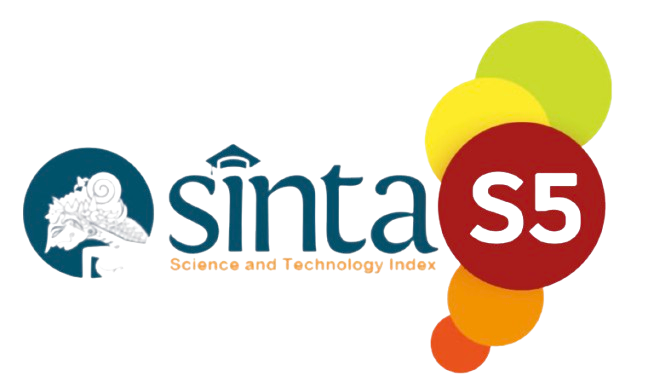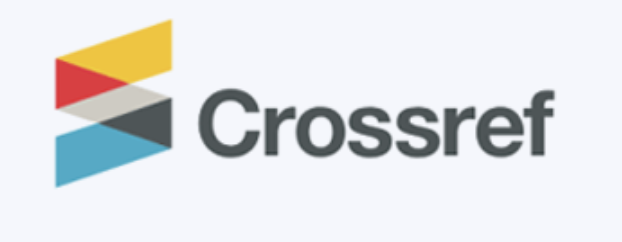The Influence of Contextual Learning and Learning Activities towards The Students’ Ability in Writing Speech Texts on The Eight Grade of SMPN 25 Pesawaran
Keywords:
contextual learning, writing speech textAbstract
The purpose of writing this thesis is to determine the effect of contextual learning and learning activities on the ability to write speech texts for eighth grade students of SMP Negeri 25 Pesawaran. The method used in this research is experimental with treatment by level design. This experimental method is used to examine whether there is a causal relationship by giving treatment to the experimental group whose results are compared with the results of the control group. The research method designed to determine the magnitude of the effect between the different variables by looking at the magnitude of the difference using the Analysis of Variance (ANOVA) technique. In this study, the ability to write speech text was given treatment with a contextual learning approach. The population was the eight grade students at SMP Negeri 25 Pesawaran in 2018/2019 academic year. The total sample is 68 students who are spread out in VIII A as the experimental class and VIII B as the control class. The results showed that the average of the students’ ability in writing speech text through contextual approach who have high learning activity is (A1B1) = 74.90. Meanwhile, the average of the students’ ability in writing speech text through contextual approach who have low learning activity is (A1B2) 71.37. Thus, the average score of the students’ ability in writing speech text through contextual approach is higher than those who wrote speech texts through conventional approach at each level of different learning activities.
References
Degeng, I.N.S. 1997. Penulisan Bahan Ajar: Modul Pembelajaran dalam Pelatihan Staf, Guru, dan Karyawan Sekolah Ciputra. Surabaya: Surabaya
E. Mulyasa. 2009. Praktik Penelitian Tindakan Kelas. Bandung: Rosdakarya.
Eriyanto. 2001. Analisis Wacana: Pengantar Analisis Teks Media. Yogyakarta: LKiS.
Hendrikus. (1996). Retorika. Yogyakarta: Kanisius.
Lestari, S. ., Surastina, S., Rachmasisca, F. M. ., & Hastomo, T. . (2018). The Correlation of Effective Sentence Mastery and Language Attitude with Students’ Writing Summary Ability. IJLHE: International Journal of Language, Humanities, and Education, 1(2), 1–10.
Muslich, Mansur. 2007. KTSP. Pembelajaran Berbasis Kompetensi dan Kontekstual. Panduan Bagi Guru. Kepala Sekolah dan Pengawas Sekolah. Jakarta : Bumi Aksara.
Reigeluth, Charles, M . (1983). Instructional Design Theories and Models: An Overview of Their Current Status. New Jersey: Lawrence Erlbaum Associates.
Rozali, R., Fahrurrozi, F., Wahono, W., Angraini, N. ., & Windriani, D. . (2018). The Effort to Increase Vocabulary Mastery through The Use of Word Cards. IJLHE: International Journal of Language, Humanities, and Education, 1(1), 61–66.
Sanjaya, Wina. 2009. Strategi Pembelajaran Berorientasi Standar Proses Pendidikan. Jakarta: Kencana.
Sudjatmiko dan Lili Nurlaili. 2003. Kurikulum Berbasis Kompetensi: Dalam Menunjang Kecakapan Hidup Siswa. Jakarta: Departemen Pendidikan Nasional, Dirjen Dikdasmen, Direktorat Tenaga Kependidikan.
Sugono, D. (1994). Berbahasa Indonesia dengan Benar. Jakarta: Puspa Swara.
Surastina, et al. (2018). Teknik Membaca. Yogyakarta: Elmatera Publishing.













